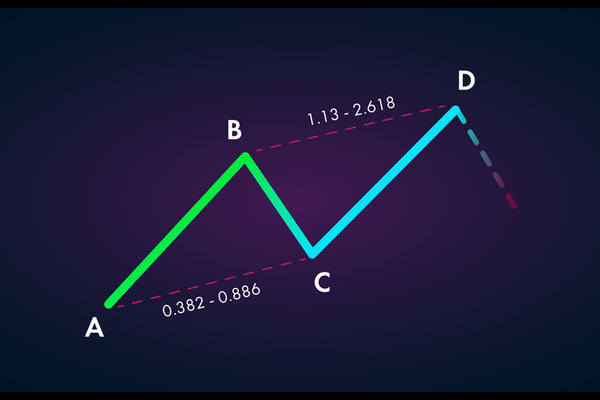Interbank bond market functions and methods
2023-10-09
 Summary:
Summary:
The interbank bond market involves financial institutions like banks, cooperatives, insurers, and securities for bond trading and repurchases.
The interbank bond market is a crucial part of a domestic bond market. In
this article, the main functions and trading methods of the interbank bond
market will be introduced in detail to help investors better understand its
operating mechanism.

The inter-bank bond market refers to the market where commercial banks, rural
credit cooperatives, insurance companies, Securities companies, and other
financial institutions buy, sell, and repurchase bonds relying on the China
Foreign Exchange Trading Center and National Interbank Funding Center
(hereinafter referred to as the Interbank Center), the Central Government
Securities Depository and Clearing Corporation (hereinafter referred to as the
Central Clearing Corporation), and the Interbank Market Clearing House Co., Ltd.
(Shanghai Clearing House).
Short-term loans between commercial banks that use
the time difference, space difference, and interbank difference in the process
of fund financing to adjust funds After its rapid development in recent years,
the interbank bond market has now become the main part of China's bond market.
Most of the bookkeeping treasury bonds and policy financial bonds are issued and
listed in the market.
After understanding the meaning of the interbank bond market, the main
functions and trading methods of the interbank bond market are introduced
below.
The main functions of the interbank bond market
-
Financing function: The interbank bond market provides a very important
financing channel for governments, financial institutions, and enterprises.
These entities can raise funds by issuing bonds for various projects and
operational funding needs. This financing method has lower costs and longer
maturities, which helps them better plan for future financial needs.
-
Investment function: For investors, the interbank bond market provides
diversified investment options. Bonds are generally considered to be relatively
low-risk investment instruments because they usually have a high credit rating
and provide repayment of principal and interest at maturity. This makes them
part of the diversification of investment portfolios, helping investors
diversify their risks.
Market liquidity: The interbank bond market provides a high level of market
liquidity. Investors can buy and sell various types of bonds in the market, so
they can flexibly manage their investment portfolio according to market
conditions. This liquidity allows investors to quickly buy and sell bonds to
meet their investment goals.
Trading methods in the interbank bond market
-
Trading platforms: Transactions in the interbank bond market usually occur on
specialized trading platforms, which allow investors to buy and sell various
types of bonds. These platforms provide real-time market information to help
investors make informed investment decisions.
-
Quotation and inquiry: In the interbank bond market, transactions are usually
conducted through the "quotation and inquiry" method. Investors can publish
their bond buying and selling intentions and wait for other investors to provide
quotes. Once the transaction price is reached, the transaction will be
executed.
-
Clearing and settlement: Once the transaction is completed, the clearing and
settlement procedures begin. Clearing refers to the process of transferring
ownership of a bond from the seller to the buyer, while settlement refers to the
process of paying transaction payments. These procedures are usually managed by
central clearing companies or similar institutions to ensure the safety and
reliability of transactions.
Types of bonds: There are various types of bonds in the interbank bond
market, including government bonds, corporate bonds, financial bonds, etc.
Different types of bonds have different risk and return characteristics, and
investors can choose suitable bonds based on their investment goals and risk
tolerance.
What are the types of bond transactions in the interbank bond market?
-
The bond trading in the interbank bond market includes two types: bond
repurchase and spot bond buying and selling.
-
Bond repurchase refers to the agreement between the bondholder (the positive
repurchase party, i.e., the asset financing party) and the buyer (the reverse
repurchase party, i.e., the asset financing party) to repurchase the bond at a
predetermined price on a certain date in the future while selling the bond and
receiving funds.
Cash bond trading refers to the transaction in which both parties transfer
ownership of a bond at an agreed price.
By understanding the main functions and trading methods of the interbank bond
market, investors and market participants can better utilize this market to
achieve financial goals. The development of the interbank bond market also
contributes to the stable growth of the domestic economy and the healthy
operation of the financial market.
Disclaimer: This material is for general information purposes only and is not intended as (and should not be considered to be) financial, investment or other advice on which reliance should be placed. No opinion given in the material constitutes a recommendation by EBC or the author that any particular investment, security, transaction or investment strategy is suitable for any specific person.







